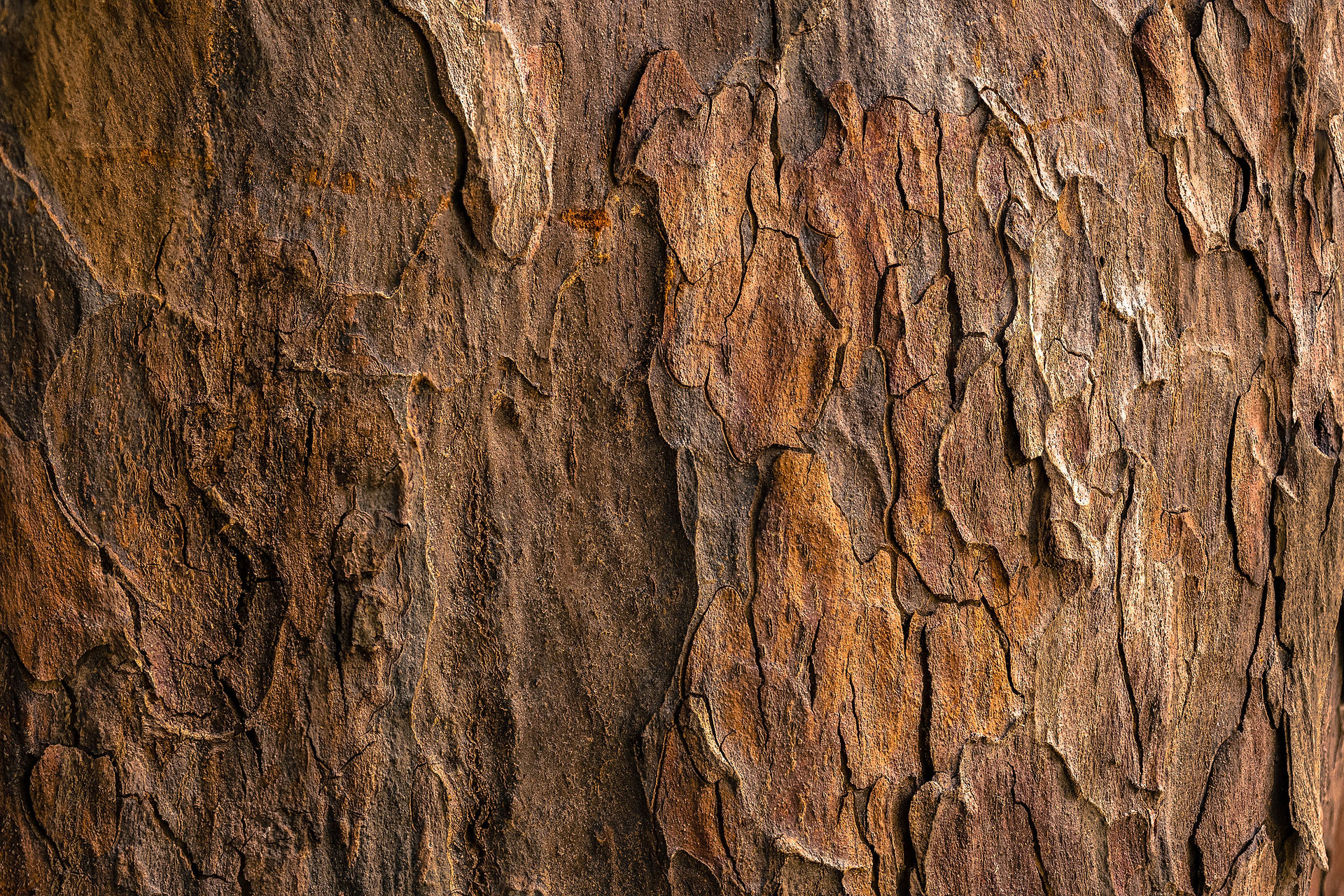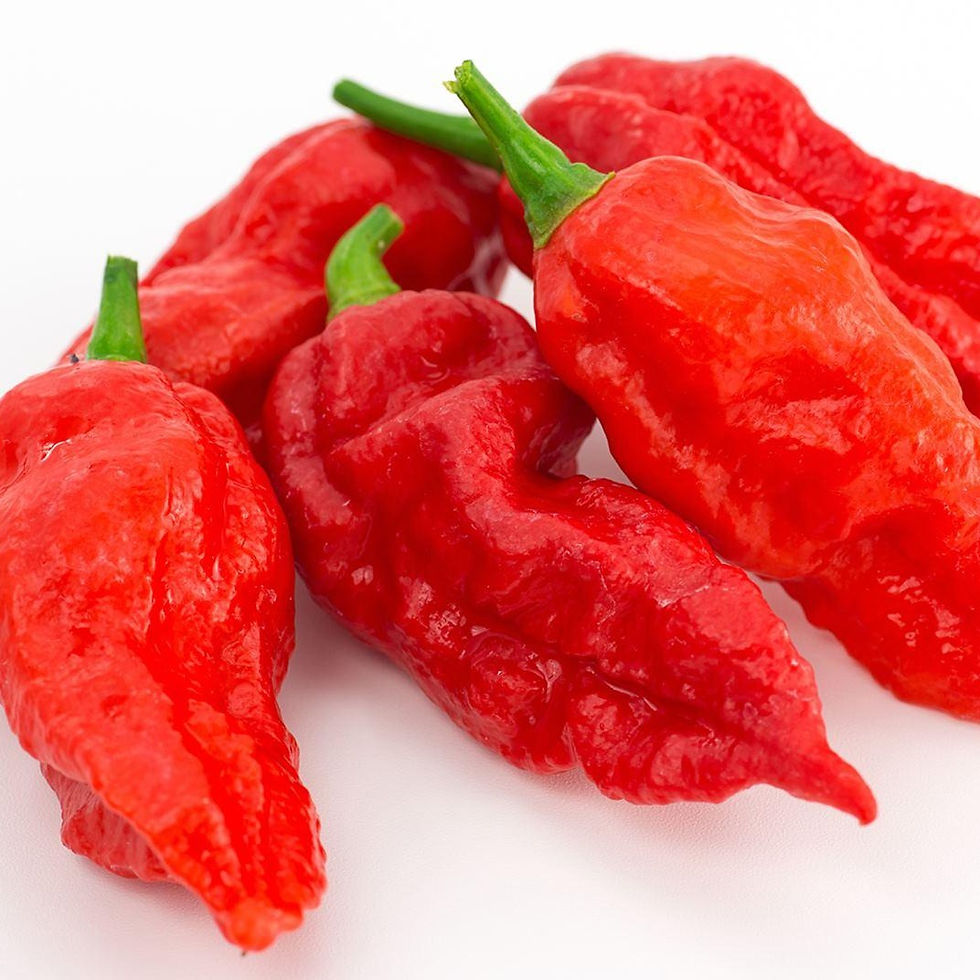ASIAN TAMARIND
Asian Tamarind
Asian Tamarind: A Versatile Ingredient with a Tangy Punch
A staple in pantries across Asia and beyond, the tamarind is a unique fruit celebrated for its distinct sweet and sour flavor profile. While native to Africa, tamarind trees are now extensively cultivated throughout Asia, with India and Thailand being among the world's largest producers. The fruit grows in long, pod-like structures containing a sticky, dark, and pulpous flesh surrounding seeds.
This versatile ingredient is a cornerstone of many Asian cuisines, lending its characteristic tang to a wide array of savory and sweet dishes. It is a key component in the iconic Thai dish Pad Thai, as well as various curries, chutneys, and sauces across the continent.You might even be surprised to find it as an ingredient in Worcestershire sauce.
Tamarind is available in several forms to suit different culinary needs:
Fresh Pods: The fruit in its natural state, where the pulp is extracted by soaking it in warm water.
Paste or Pulp: A convenient, ready-to-use form made from the pulp of the fruit.
Concentrate: A more intense and condensed version of tamarind that often needs to be diluted.
The taste of tamarind can vary from sour to sweet, depending on its ripeness.The sour variety is more common globally, while the sweeter type is predominantly cultivated in Thailand. Unripe tamarind has a tartness reminiscent of lime, which mellows and sweetens as the fruit ripens, drawing comparisons to the texture of a date or prune.
Beyond its culinary uses, tamarind is also recognized for its potential health benefits. It is a good source of antioxidants and magnesium.Some studies suggest it may aid in digestion, help reduce inflammation, and contribute to cardiovascular and neurological health.
TERMS AND CONDITIONS
NO RETURNS
NO EXCHANGE
NO REFUNDS

































